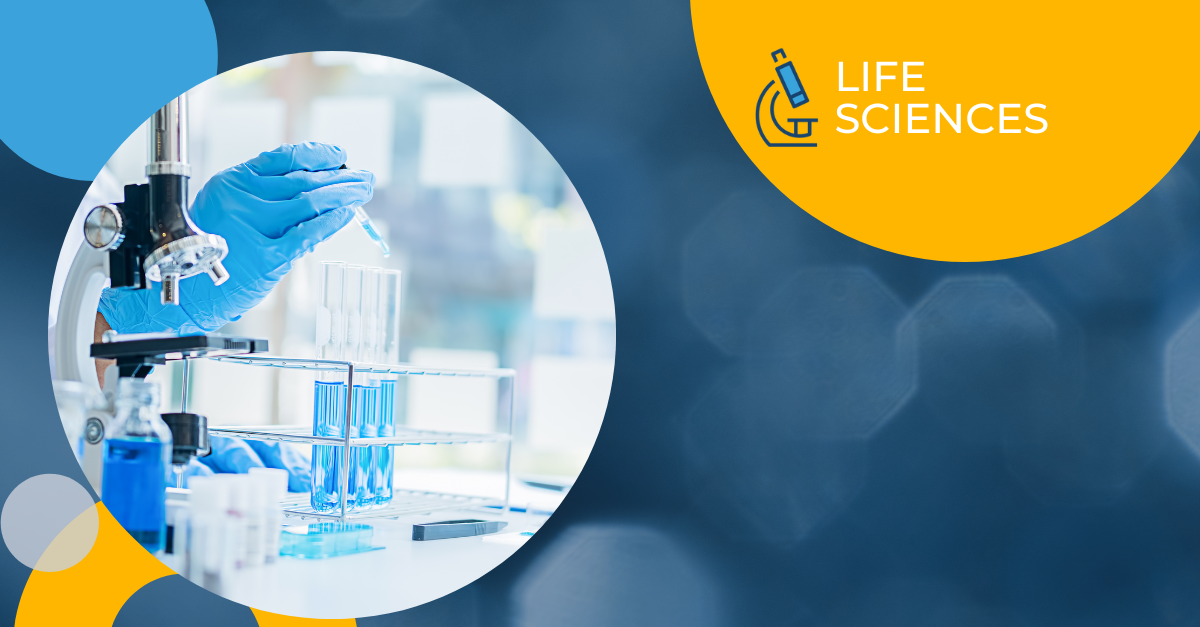Not every language service provider (LSP) is equipped to provide the complex requirements of translations for clinical trials. The organization you trust your trial too must be knowledgeable and experienced in this area and have the processes, people, and standards in place. Here are five things to look for in a translation company.
#1 Experience with Clinical Trial Translation
Translating and interpreting medical content is much more complex than other types of content. It requires experienced team members and knowledge of various country regulations, certifications, and processes. So, when looking for a translation partner to help with clinical trial translation, look for experience.
People are some of the most important assets a translation company has. Experienced and knowledgeable linguists are critical for producing high-quality translations that are accurate and culturally applicable.
In addition, an experienced translation company also has the technology for translation tools, such as terminology databases, translation memories, project management tools, and quality procedures to ensure efficient and accurate processes.
Finally, companies specializing in life sciences should know about each target country’s regulations, certifications, and processes. Given that the landscape is constantly changing, and country requirements can be diverse and complicated, an experienced translation company is a requirement.
#2 ISO Quality Certifications
Another essential factor to consider when looking for a language service provider is their ISO certifications. ISO standards establish various business processes and best practices agreed upon internationally. A quality translation company understands and commits to being certified to ISO standards:
- ISO 9001:2015 is an industry-neutral ISO standard that outlines general requirements for a quality management system. Companies producing products that need to meet specific statutory and regulatory requirements typically follow this standard.
- ISO 17100:2015 is an international standard created for translation service providers. It focuses on meeting quality standards through processes, resources, and other aspects of the translation process.
- ISO 13485:2016 is an ISO standard that outlines specific quality management system requirements for medical device companies to meet customer and applicable regulatory requirements.
- ISO 27100 defines requirements that an Information Security Management System (ISMS) must meet. This standard is essential for protecting valuable IP in life sciences.
#3 Translation Quality Procedures
LSPs can have different definitions of quality. They may use different processes to achieve those quality levels. In addition, quality can be challenging to measure, as what’s important to one client may not be to another. That’s why discussing what quality means and defining expectations is essential. Learn about the translation methodology, standards, and best practices that an LSP uses to produce what level of quality.
#4 Linguistic Validation Capabilities
Linguistic validation is translating clinical outcome assessments (COAs) to ensure that the translated COAs are linguistically accurate and culturally equivalent to the source language COA, resulting in responses that are as natural as possible.
A linguistically validated COA involves multiple translators, a project manager, and others. The document is translated, reconciled and reviewed by another translator and then translated back into the source language by another translator. The team members discussed discrepancies in the two source language documents and made necessary edits to produce the highest-quality translation.
Since linguistic validation is a lengthy but required process, not all translation companies can do it.
#5 Confidentiality and Patient Privacy
Clinical trials are full of confidential and sensitive information. A translation company should have standards to ensure that personal data remains confidential and have procedures to review the standards regularly. A project manager should ensure compliance with the agreed-upon security measures. In addition, the project team, including translators, should have non-disclosure agreements.
What Makes Morningside Unique
As clinical trials have become more international in scope, precise translations and rigorous quality controls have become even more essential. That’s why the world’s largest pharma companies and CROs choose Morningside to help them deliver better outcomes through reliable clinical document translation and linguistic validation services. Clients trust us to handle their most valuable data and mitigate risk for various clinical trial documents, from patient questionnaires to case report forms (CRFs). Our translators consistently deliver linguistically accurate, culturally adapted documents so our clients can deliver results.
Globally Recognized Subject Matter Expertise
We have been providing leading pharma and biotech companies and CROs with reliable language solutions for over 20 years. Our expertise covers the spectrum of therapeutic and technical proficiencies and our linguists are rigorously vetted to ensure end user comprehension and preservation of intended meanings, whatever the subject matter.
Superior Quality
Working exclusively with qualified subject matter experts is just part of our unwavering commitment to quality. Morningside employs ISO 13485 and 17001 compliant processes and controls, as well as a 3-tier linguistic review once the initial translation is completed. As an added step to mitigate risk, our proprietary algorithm – the Quality Reliability Indicator (QRI) – monitors projects, identifies areas of concern and helps prevent errors before they happen to ensure a reliable and repeatable outcome.
Technology-enabled Risk Management
With the integrity of your data at stake, we employ industry-leading technologies – some of which are proprietary – to enhance the quality of your translations, decrease turnarounds, and control costs. Translation Memory (TM) tools, client-specific glossaries, and our proprietary Quality Reliability Indicator (QRI) are some of the intelligent, secure, ISO 27001-backed technologies we utilize to mitigate risk and provide better outcomes.
How Morningside Can Help
We are a leading provider of professional translation services, offering comprehensive solutions to support patient recruitment and retention in clinical trials. Specializing in the life sciences industry, we ensure accurate and culturally sensitive translation of all trial materials, including informed consent forms, patient information sheets, and promotional materials. Our expertise in cultural adaptation guarantees that translated content reflects the nuances and sensitivities of diverse patient populations, fostering trust and engagement throughout the trial process.
Moreover, we provide both on-site and phone interpretation services to facilitate effective communication between trial staff and patients with limited English proficiency (LEP). By offering language support during recruitment, trial procedures, and post-trial processes, we enhance participants’ overall experience, ensuring comprehension and adherence to trial protocols. With a commitment to timely delivery and adherence to industry regulations, we enable sponsors to execute their recruitment and retention strategies efficiently, ultimately contributing to the success of clinical trials.
Our dedication to quality, accuracy, and compliance empowers sponsors to engage with diverse patient populations effectively, overcome language barriers, and drive the success of their clinical trials. By leveraging our translation and interpretation services expertise, sponsors can enhance patient recruitment and retention efforts, ultimately advancing medical research and improving patient outcomes.
Looking for more information on translation’s role in Clinical Trials? Download our guide.
About Morningside
As clinical trials have become more international in scope, precise translations and rigorous quality controls have become even more essential. That’s why the world’s largest pharma companies and CROs choose Morningside, a Questel Company, to help them deliver better outcomes through reliable clinical document translation and linguistic validation services. Clients trust us to handle their most valuable data and mitigate risk for various clinical trial documents, from patient questionnaires to case report forms (CRFs). Our translators consistently deliver linguistically accurate, culturally adapted documents so our clients can deliver results. Contact us, and we will be happy to support you!



